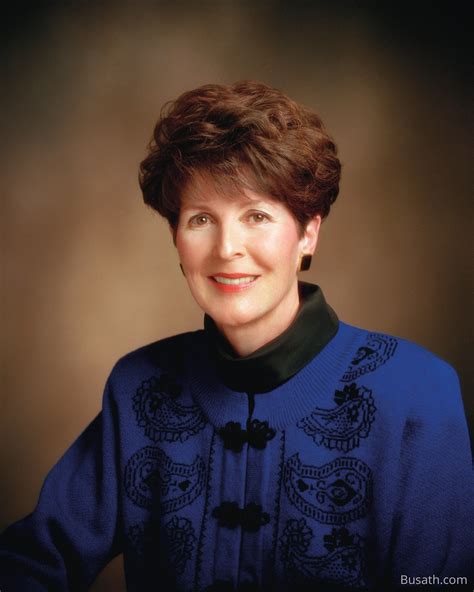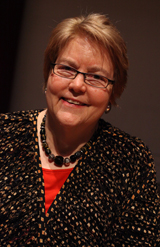A Quote by Joseph Sobran
A belief in moral absolutes should always make us more, not less, critical of both sides in any conflict. This doesn't mean that both sides are equally wrong; it means that since we all fall short of moral perfection, even the side whose cause is truly righteous may commit terrible acts of violence in defense of that cause -- and, worse, may feel quite justified in committing them. That is the difference between being righteous and being self-righteous. Moral standards are absolute; but human fidelity to them is always relative.
Quote Topics
Absolute
Absolutes
Acts
Acts Of Violence
Always
Any
Being
Belief
Between
Both
Both Sides
Cause
Commit
Committing
Conflict
Critical
Defense
Difference
Equally
Even
Fall
Feel
Fidelity
Human
Justified
Less
Make
May
Mean
Means
Moral
Moral Perfection
More
Perfection
Quite
Relative
Righteous
Self
Self-Righteous
Short
Should
Side
Sides
Since
Standards
Terrible
Them
Truly
Us
Violence
Whose
Worse
Wrong
Related Quotes
For us to feel peace within our hearts while we live here on earth we must be righteous. There is nothing that the world calls fun or pleasurable that can compare to the inner happiness and joy that comes from being righteous, nothing. That may be something you don't think much about, but if you will take time to identify how you feel when you make an unrighteous choice and compare that to how you feel when you make a difficult but righteous choice, you will know what I am talking about.
If there is no absolute moral standard, then one cannot say in a final sense that anything is right or wrong. By absolute we mean that which always applies, that which provides a final or ultimate standard. There must be an absolute if there are to be morals, and there must be an absolute if there are to be real values. If there is no absolute beyond man's ideas, then there is no final appeal to judge between individuals and groups whose moral judgments conflict. We are merely left with conflicting opinions.
Moral certainty is always a sign of cultural inferiority. The more uncivilized the man, the surer he is that he knows precisely what is right and what is wrong. All human progress, even in morals, has been the work of men who have doubted the current moral values, not of men who have whooped them up and tried to enforce them. The truly civilized man is always skeptical and tolerant.
...any belief in supernatural creators, rulers, or influencers of natural or human process introduces an irreparable split into the universe, and prevents us from grasping its real unity. Any belief in Absolutes, whether the absolute validity of moral commandments, of authority of revelation, of inner certitudes, or of divine inspiration, erects a formidable barrier against progress and the responsibility of improvement, moral, rational, and religious.
This struggle may be a moral one, or it may be a physical one, and it may be both moral and physical, but it must be a struggle. Power concedes nothing without a demand. It never did and it never will. Find out just what any people will quietly submit to and you have found out the exact measure of injustice and wrong which will be imposed upon them, and these will continue till they are resisted with either words or blows, or with both. The limits of tyrants are prescribed by the endurance of those whom they oppress.
Self-righteousness is unavoidable. You can either be a self-righteous Pharisee where you think you are better than everyone else or you can be a self-righteous pagan who thinks you are better than the Pharisee. If you are a self-righteous person, I could become very self-righteous thinking that you're self-righteous and you think you're so good but I know you're bad. I know I'm bad so that makes me better than you.
He that doth righteousness; that is, righteousness which the gospel calleth so, is righteous; that is, precedent to, or before he doth that righteousness. For he doth not say, he shall make his person righteous by acts of righteousness that he shall do; for then an evil tree may bear good fruit, yea, and make itself good by doing so; but he saith, He that doth righteousness is righteous; as he saith, He that doth righteousness is born of him.
I have come to believe ... that the stage may do more than teach, that much of our current moral instruction will not endure the test of being cast into a lifelike mold, and when presented in dramatic form will reveal itself as platitudinous and effete. That which may have sounded like righteous teaching when it was remote and wordy, will be challenged afresh when it is obliged to simulate life itself.
I always have a feeling of awe and wonder at what God can do - using me as an instrument. I believe that anyone who is fully surrendered to God's will can be used gloriously - and will really know some things - and will probably be called self-righteous. You're called self-righteous if you are self-centered enough to think you know everything - but you may also be called self-righteous by the immature if you are God-centered enough to really know some things.





































